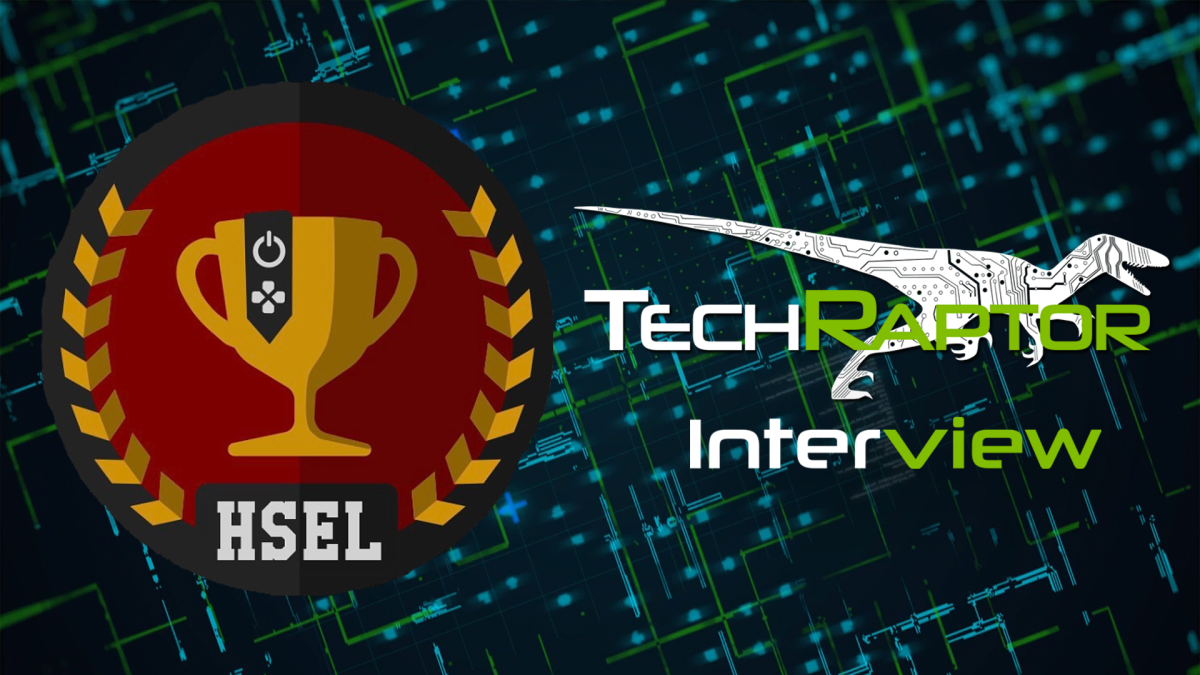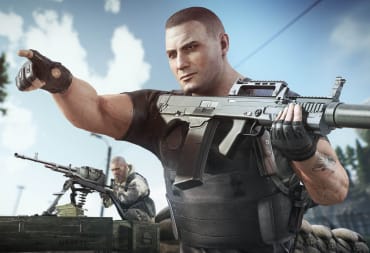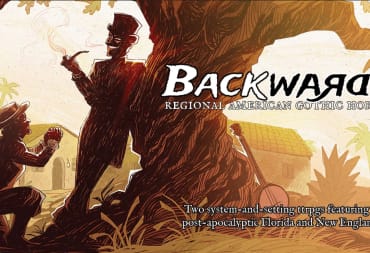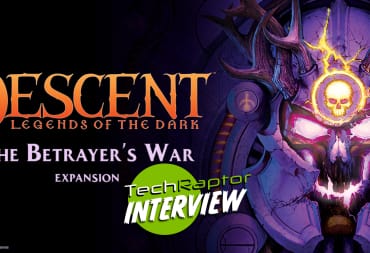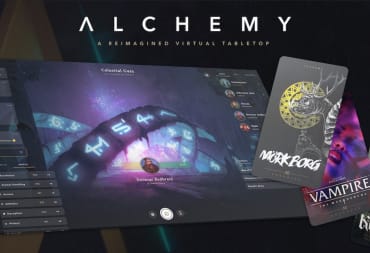Where I grew up, I was one of the only kids who prioritized video games more than pretty much any other hobby. I tried out sports and other electives, but none of them really drew me in as gaming did. Ever since my first console, the original PlayStation, at four or five years old, I was hooked, and I knew that gaming would stay with me for the rest of my life.
However, while I wasn't shunned for my choice of hobby, I can say nearly everything pulled me away from it. No matter what I did or who I hung out with, gaming was almost always something kept separate—something solitary I did in my room at home. This left me feeling a little disconnected from my schooling, as there really wasn't any space for me to enjoy my hobby in a school setting. Once or twice there was a Halo tournament, but it was a poorly run event that didn't engage me at all.

I didn't really realize it until recently, but this left me feeling quite disconnected from my schooling experience, considering there was nothing there that I enjoyed as much as gaming. So, when TechRaptor received the opportunity to speak with Mason Mullenioux, the co-founder and CEO of the High School Esports League, I made sure to jump on that and gather some insight on how the world has changed since my time as a teenager.
High schools that work with the HSEL welcome in an esports program called Gaming Concepts that treats video games the same as physical sports and other extracurriculars. Essentially, kids would have a normal school day and then head to practice matches in games like Rocket League, Overwatch, or Fortnite. From there, they can compete with other schools in their esports league, just like traditional sports. On top of kids playing their favorite games in school, they also feel more of a connection to the entire learning experience.
Mullenioux states that in schools that incorporate the HSEL, students who normally miss over 20 days of class “enroll in Gaming Concepts and miss less than three.” On top of this, these same students see an average GPA increase of 1.4. This is largely attributed to students finding a place to belong at school thanks to the program. While some are more casual players, other students will learn the skills to grant them scholarships come college.
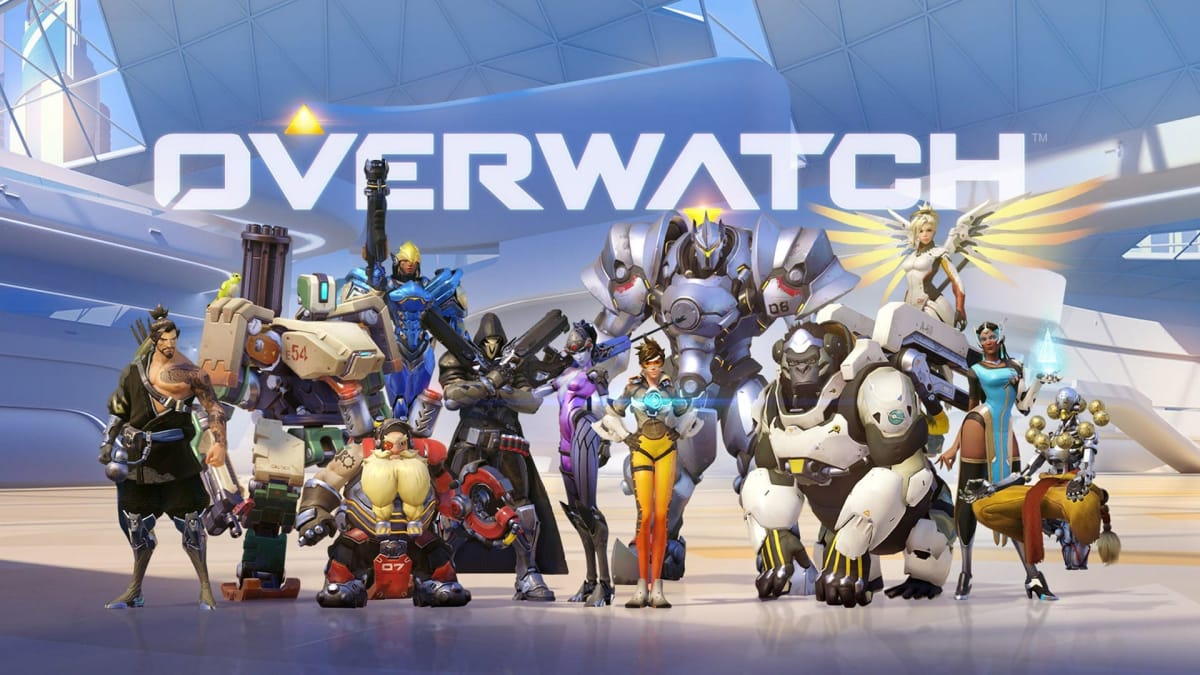
Students joining the HSEL realize positive effects “instantly.” This is partly due to the fact that students have to meet a certain threshold before getting involved in the program, and partly because they get to look forward to coming to school each and every day. Who wouldn’t look forward to school if you get to play games there? Plus, the program provides a way for lower-income students who may not have a console at home to game.
"There are some students that don’t even have the internet at home. We have actually started a foundation to serve and assist students and schools that lack the funds to get an esports program started at their school,” Mullenioux said. “This will help get them the equipment they need, the internet they require, and subsidize the league fees. The foundation is already serving schools, but will officially be unveiled in the coming months.”
Interestingly, parents and schools are more open to the integration than one may think, considering the stigma around gaming that still exists today. Mullenioux and crew take a balanced approach to this.
"You would be surprised at how little push back we get,” Mullenioux said. “Our general stance is letting them know that they are going to play them anyway, so let’s get them in a structured and safe environment with some oversight in how they process the content they are consuming. Most of the time you can compare it to sports and it just clicks. Mentioning the massive amount of scholarship opportunities doesn’t hurt either. We let them pick and choose which games they are interested in, so if they don't want to play M rated titles, they don't have to associate their school with that.”
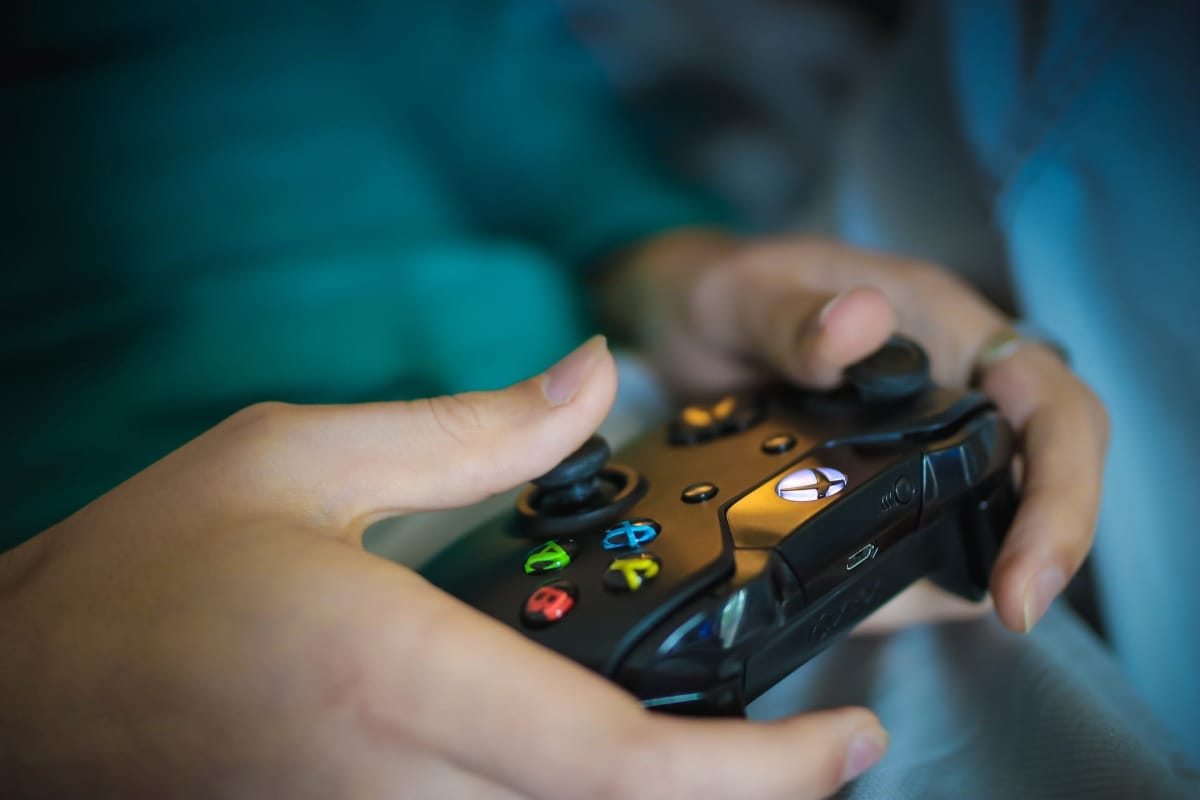
Of course, it doesn’t hurt that players learn a ton of skills like “leadership, teamwork, social skill building, hand-eye coordination, critical thinking, reaction time and basically all of the other benefits you would see from any traditional sport,” claims the CEO.
Also, since the program is STEM certified, schools benefit from integration alongside the increase in student engagement. For example, schools can gain from relevant fund-raising opportunities, grant funding, and more. That and many students that qualify for Gaming Concepts also meet the threshold for Career & Technical Education funding—a policy under the United States Department of Education that incentivizes schools to teach kids post-secondary skills. However, there's something else that Mullenioux thinks is more important.
"This is far overshadowed by the importance of engagement," he said. "Many students that we serve aren’t involved in anything at school and haven’t been in the past. The ripple effect of positivity and growth this has on their lives is by far the most important benefit a school can see.”
This isn’t to mention all of the skills that come naturally to PC gamers, like building a PC, learning how to troubleshoot devices, and other more minute aspects of computers and technology as a whole. All of these aspects and more come to light via the program, said Mullenioux. Gaming Concepts brings a legitimacy to streaming as well, considering these students have more of an outlet to learn about video production, lighting, and camera equipment. Even if they don’t end up gaming as a career, students within the program will have valuable skills that can transition into many other fields.
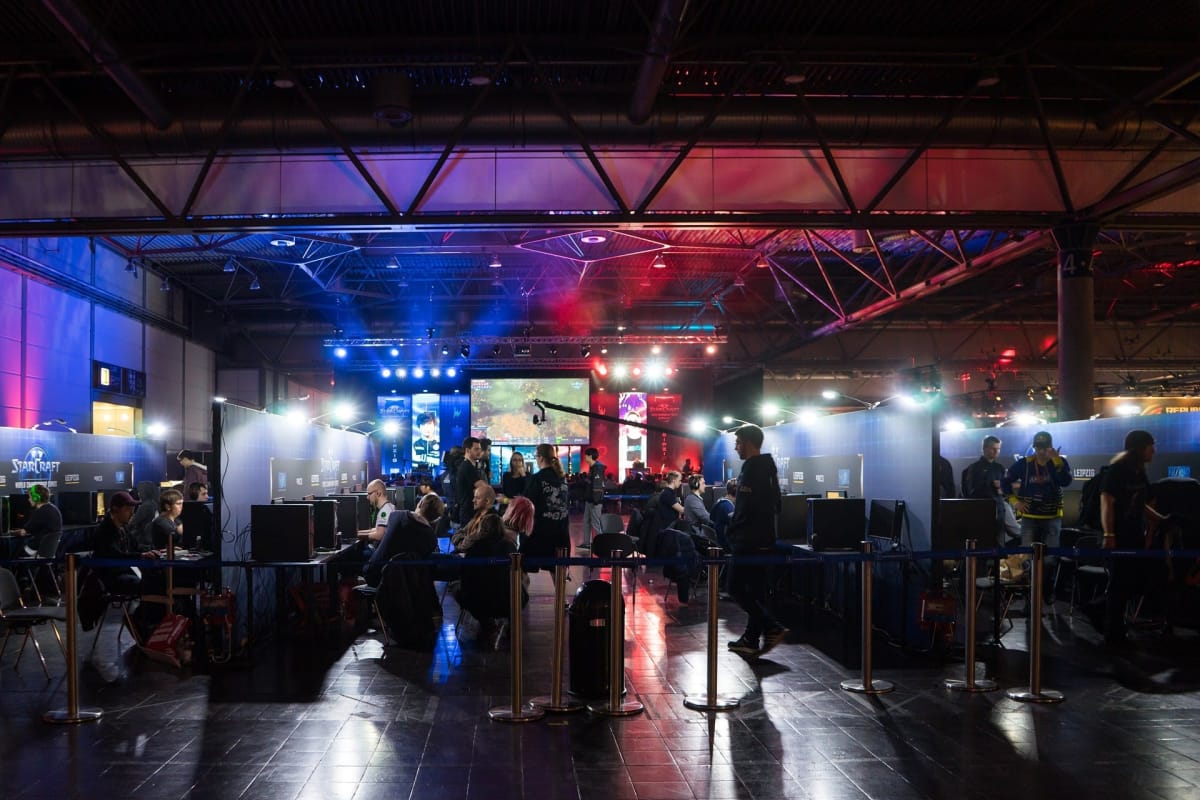
"There are a large number of jobs being created, with a huge demand for skilled and experienced esports career hopefuls,” he said. “There are so many scholarship opportunities right now that many of them are being left on the table unfilled. Sounds crazy, but the growth is outpacing the awareness.”
Gaming Concepts and the HSEL are everything I could have wanted in high school. As a student who never felt quite at home going to school, I can imagine this is exactly what I would have needed to feel more engaged with my educational career. Now, it’s fantastic that kids these days can experience something like this in a public setting within their school. No longer do they have to sit at home and figure things out by themselves.
Have a tip, or want to point out something we missed? Leave a Comment or e-mail us at tips@techraptor.net
